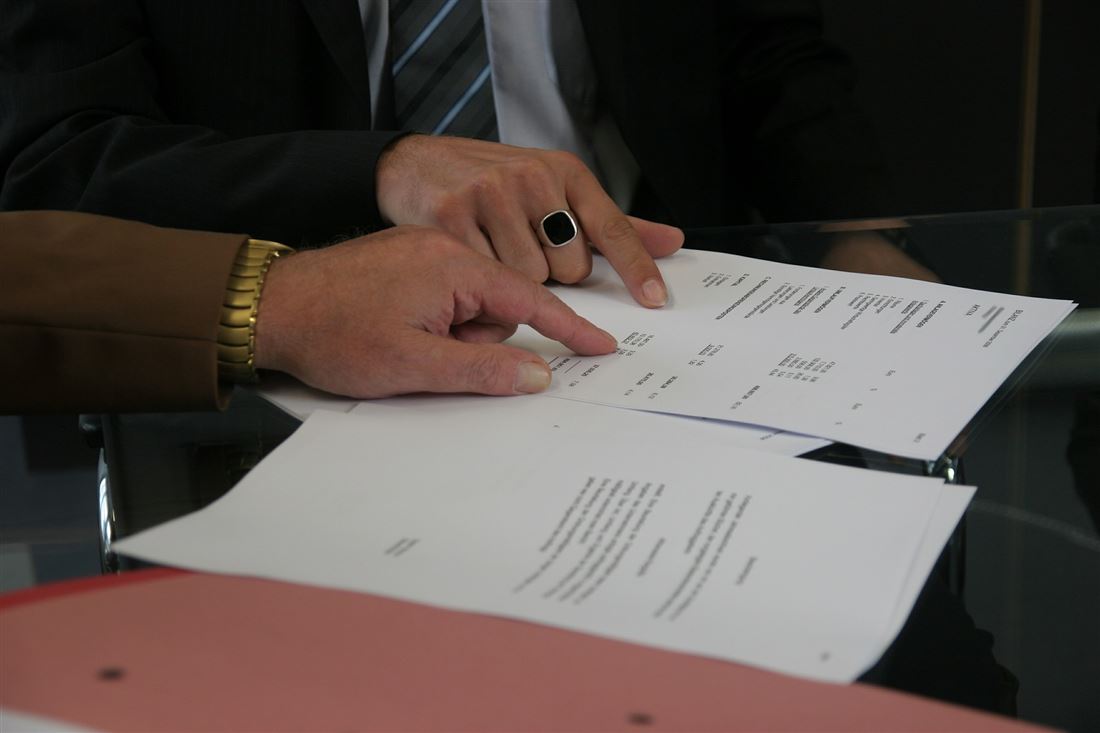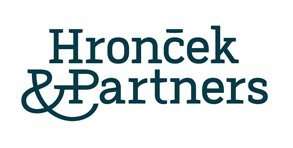Construction companies and contractors have been sounding the alarm about rising prices for a long time. The global economic situation is marked by the lingering effects of the pandemic and military conflicts, and the financial stimulus measures taken by individual countries and national and international banks (the ECB and the Fed) during the pandemic to support the economy have taken their toll in the form of a significant rise in inflation. However, price increases are an extremely problematic issue in public procurement, where there is strong regulation regarding the possibility of contract changes, especially in fixed-price contracts. The jump in prices has affected virtually the entire market, but it is most noticeable in the construction sector, where it is important to note that a slowdown or halt in construction work could have fatal consequences for the country's economy.

This is precisely why the issue of price increases in the construction industry is so resonant. The problem of price increases in connection with public procurement can be divided into two parts: contracts awarded through tenders, which were also tendered before 2020, as a result of which the completion of these projects is at risk, and the second set consists of public procurements that are yet to be announced, in connection with how public procurers should plan procurement in view of the possibility of significant price increases during the execution of construction works.
The issue of rising construction material prices is also reflected by the Public Procurement Office, which is trying to communicate the issue quite proactively and guide public contracting authorities, and in this context has also requested guidance from the European Commission itself, as the ÚVO did in relation to the issue of procurement and contract changes during the pandemic. However, the EC stated that the EU directives contain a framework of rules for contract changes, which must be approached on a case-by-case basis and in such a way that they are not abused.
In January this year, the Vice-Chairman of the ÚVO, J. Lexa, gave an interview on this topic, in which he stated, among other things, that the price increase is not as high as it is being portrayed. On the other hand, however, one of the key messages that can be interpreted from the interview is that it is often the unwillingness and inability of public procurers to use the instruments at their disposal, such as contract amendments with the possibility of price indexation and valorization, or to use so-called preparatory market consultations, which are directly permitted by the Public Procurement Act and may even be considered an example of good practice in Western countries. The Vice-Chairman of the Public Procurement Office also gave an interview on this issue to Radio Slovakia, which you can listen to here.
Regardless of the above, however, it can be confirmed that in the case of some materials, the increase was enormous and that the price increase threatens construction throughout the Slovak Republic, with the Ministry of Transport and Construction of the Slovak Republic confirming that some important transport projects are also at risk. Pavol Kováčik, head of the Association of Construction Providers of Slovakia, claims that a short-term reduction in prices is not possible, and according to his estimate, as well as that of many experts, prices should stabilize by the end of the year, or at the latest by the beginning of next year. However, the state must immediately address the consequences of inflation and material shortages in public construction.
On the initiative of the ÚVO and its chairman, Miroslav Hlivák, a meeting specifically on the subject of price increases in the construction industry was held on 29 April 2022, attended by the Minister of Transport, Andrej Doležal, a representative of the Ministry of Finance of the Slovak Republic, State Secretary Andrej Klimek, Deputy Chairman of the Supreme Audit Office Ľubomír Andrassy, representatives of MIRRI, the Statistical Office, the National Bank of Slovakia and ÚHP. Following this, ÚVO Chairman Miroslav Hlivák and Minister of Transport and Construction Andrej Doležal also took part in a discussion on RTVS. ÚVO President Hlivák stated that a solution and the possibility of providing guidance to public procurers are emerging, with ÚVO, in cooperation with other institutions, appealing to the economic authorities to subject the price increases of individual materials and commodities to a detailed analysis and prepare a kind of valorization formula that can be applied in the case of new public procurements, while also making it possible to determine the average price increase in specified and selected materials and commodities.
On the other hand, public contractors may also seek a solution for contracts that have already been concluded in a minor amendment to the contract, known as de minimis, pursuant to Section 18(3) of the Public Procurement Act, and where this is not possible, each individual case should be assessed from the perspective of unforeseeability. Section 18(3) of the Public Procurement Act, and where this is not possible, each individual case should be assessed from the point of view of unpredictability, as a result of which it would be possible to increase the price by up to 50% within the meaning of Section § 18(1)(c) of the Act. The outputs of the economic analysis should be an essential and fundamental tool for public procurers, who will be able to compare their specific contracts and prices with the outputs of these analyses, on the basis of which they will be able to determine responsibly in each individual case whether there really is such a fundamental and objective change in the prices of materials that such a procedure is legitimate and not speculation on the part of contractors, who in certain cases try to take advantage of or abuse this situation.
Just two days after the RTVS broadcast, the chairman and vice-chairman of the ÚVO also met with Slovak President Zuzana Čaputová, during which ÚVO representatives reported on the activities and steps the ÚVO is taking to provide guidance and assistance to all interested parties. This only highlights the importance and fundamental nature of this issue for the Slovak economy, but also for the economic entities operating in the construction sector.
The issue of price increases and, consequently, the issue of the possibility of changing a contract resulting from public procurement is an extremely complex and challenging topic, and it can be said that there is no simple guide or solution that can be applied across the board, as each case requires a sensitive examination of its specific characteristics and particularities.
Article updated on 16 May 2022
This is also confirmed by the Public Procurement Office in its general methodological guidelines issued today, May 16, 2022, which were communicated at the working level with the European Commission. This is a relatively complex 22-page document referring to extensive case law of the Court of Justice of the European Union, numerous methodological guidelines issued by the Public Procurement Office since 2020 in connection with price increases and unforeseeable circumstances, which also includes an analysis of the circumstances under review, namely the situation caused by the COVID-19 pandemic and the war between the Russian Federation and Ukraine, and, in connection with the above, the current negative and unstable market developments and conditions. The ÚVO explicitly states that "affecting many areas of life on a global scale, including areas related to public procurement processes, either individually or in combination, due to their scope, urgency and/or unpredictability, are capable of being assessed as circumstances which the contracting authority or contracting entity could not have foreseen with due care." The Office thus confirms that these facts may potentially fulfill the criterion of unforeseeable circumstances provided for in the factual substance of Section 18(1)(c) of the Public Procurement Act. However, in each specific case, it is also necessary to assess other basic attributes, such as the available resources, the nature and characteristics of the subject matter of the contract, and the nature of the contract. of the Public Procurement Act, but in each specific case it is necessary to assess other basic attributes, such as the available resources, the nature and characteristics of the project in question, proven practices in the field, the timing of the occurrence of such circumstances – before/after the announcement, proof of a causal link between such circumstances and the need to amend the contract, and an assessment of whether the nature of the contract will change and the scope of the requested amendment.
